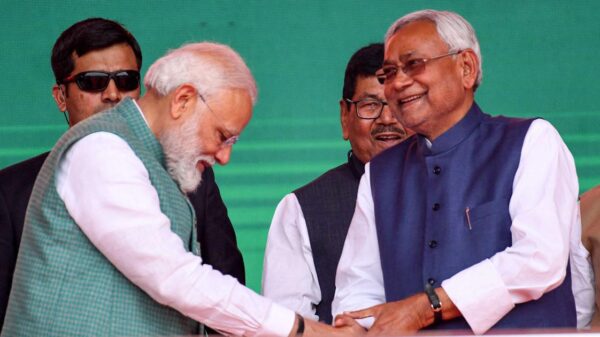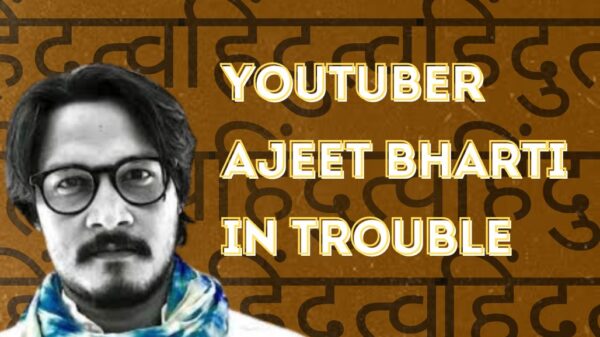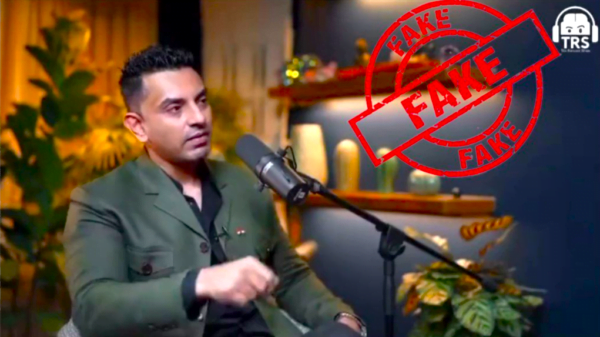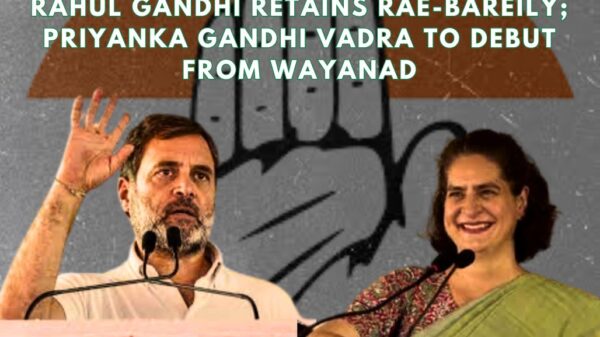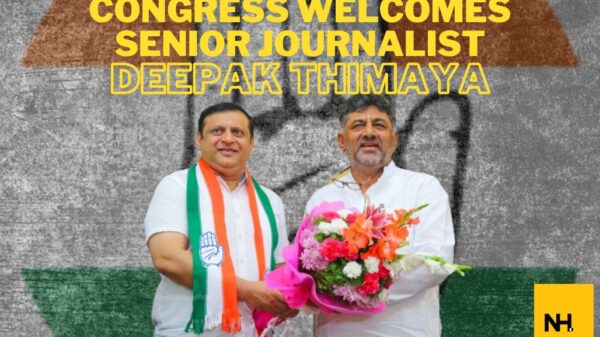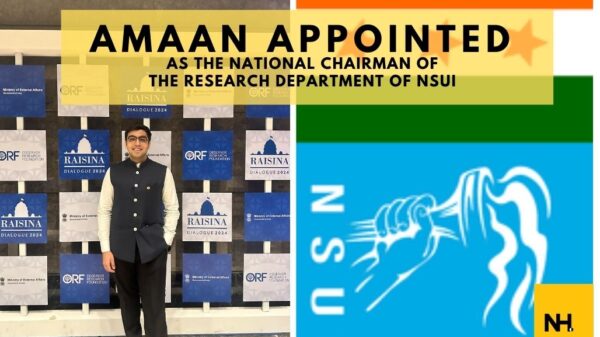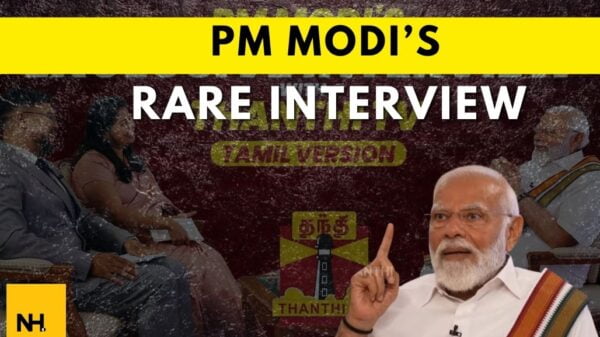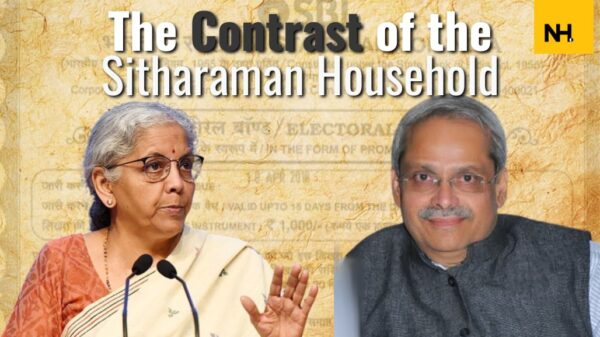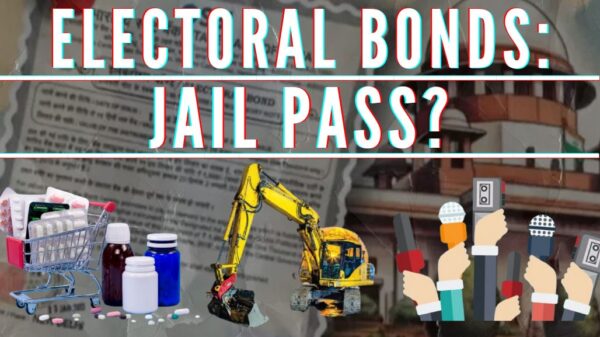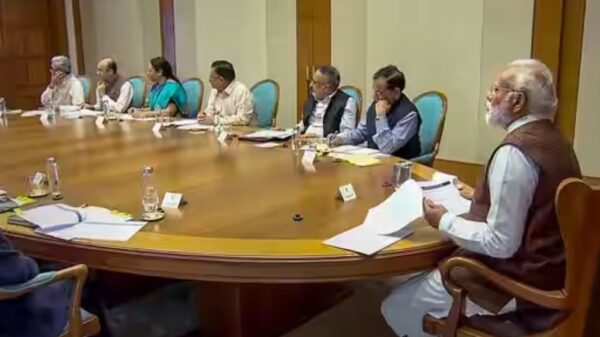Radio has played an important part in several global movements. Radio was born amidst conflict. When the world was engulfed in several struggles, countries simultaneously learned to utilise this modern communication equipment.
The Indian freedom struggle is one of the most respected movements from the 20th century. Although late, the forces fighting for the country’s freedom did realise the importance of this tool and tried to use it likewise.
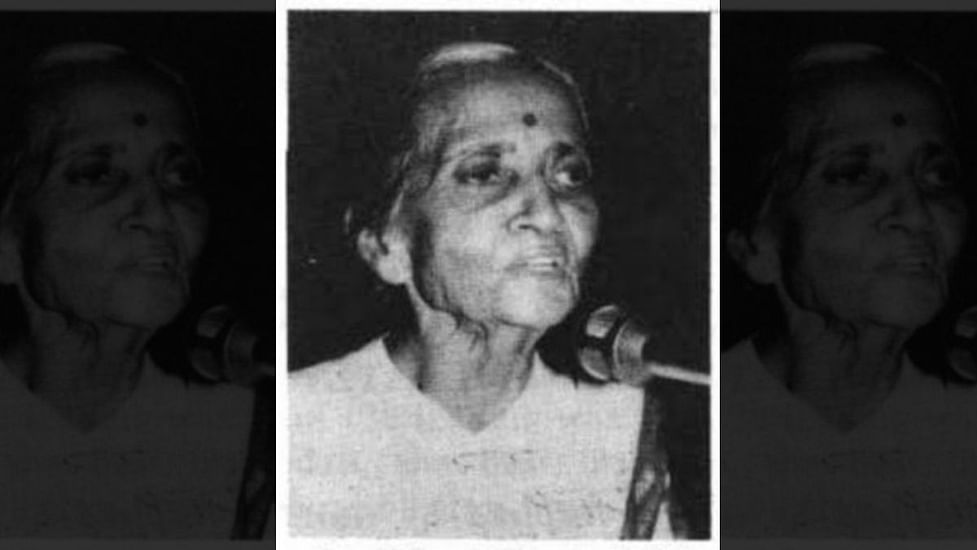
Usha Mehta was 22 years old when she started the Congress Radio. Credits – The Print
Congress Radio, also known as Azad Radio was the radio that the then-biggest party had come up with. Congress Radio did not last for long, it was active for just three months during the Quit India Movement of 1942.
Organised by Usha Mehta, the radio functioned from different locations, including Mumbai and Nashik. The radio served as a mouthpiece of the Indian National Congress and it had prominent leaders such as Ram Manohar Lohia, Purushottam Trikamdas, and Achyutrao Patwardhan associated with it.
After actively functioning for three months, the radio was finally shut down by the authorities and the organisers were put behind the bars.

First underground broadcasting on the Congress radio by Usha Mehta. Credits – This Day in History
The British were not known for letting people enjoy their liberty of expression. During the second world war, they suspended the licences of amateur radio throughout the empire. This also coincided with the rise of All India Radio. The government-funded radio station was a mouthpiece of the authorities, and it potentially left little to no space for the voices of dissent to sustain.
The Programmes
Although meant for propaganda, the radio worked as a professional unit with songs, news, and shows. It started with Muhammad Iqbal’s ‘Sare Jahan Se Accha’ and ended with Bankim Chandra Chatterjee’s ‘Vande Mataram’. The news was broadcasted in English and Hindustani ( a mix of Hindi and Urdu).
The content the Azad Radio touched on was novel and unusual for the newspapers. It not only publicly talked about the speeches made by the leaders, but also mentioned several interesting and sensitive topics related to the freedom struggle.
The speakers on the radio tried to stress the values of freedom, secularism, and internationalism through their shows.
One of the most important roles played by the radio is to act as an intermediary between people and the movement. The media was nowhere close to being as developed as it is today. Azad Radio voiced the opinions of the workers, farmers, labourers, and students by providing them with a platform.
When the British authorities found out about the existence of the radio, they shut it down with the help of a special branch, CID. It is reported that the radio was signing off for the day before it was finally shut down. Mehta was sentenced to five years of rigorous imprisonment in Pune’s Yerwada Jail for her offence.




